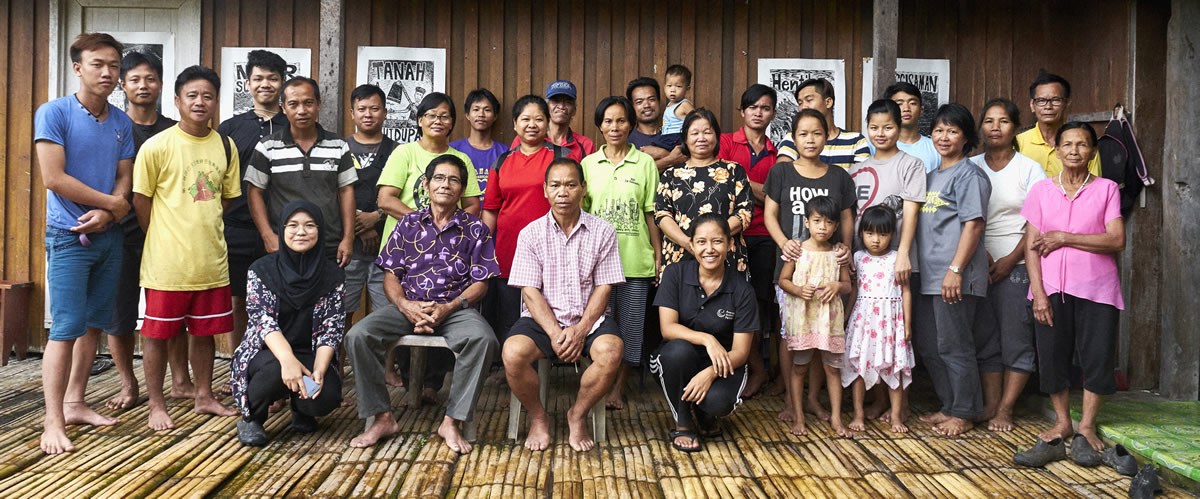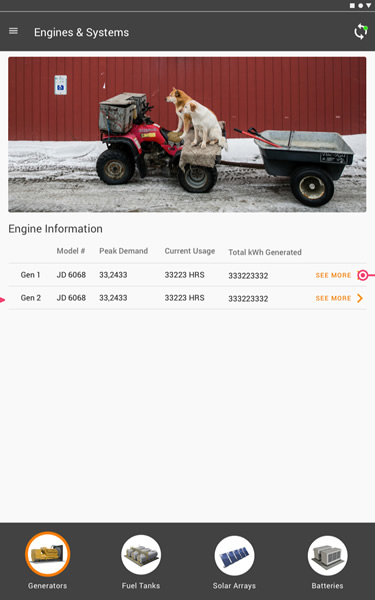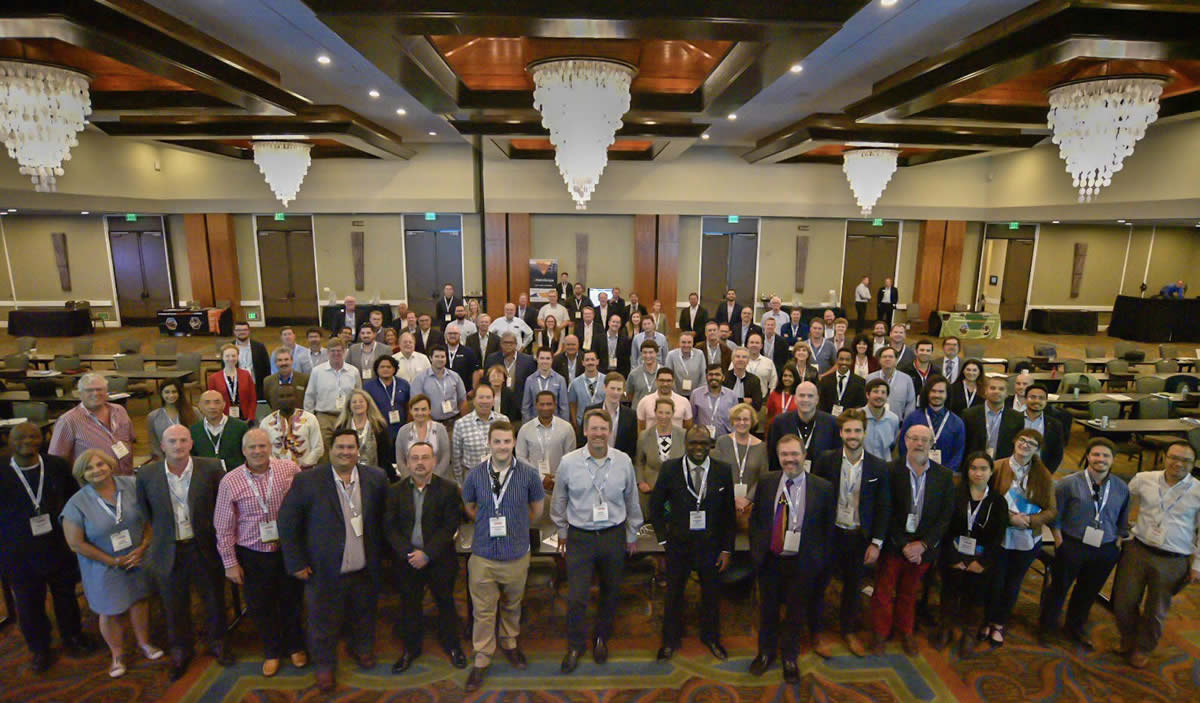This year’s HOMER International Microgrid Conference featured several important presentations on the role of communities in the planning and maintenance of successful microgrid projects. For that reason we’ve decided to focus our December newsletter on the community theme. We’ll provide you with stories about some of the more innovative approaches to educating and integrating communities in the design and management of microgrids. We hope to address important questions about what role community participation plays in the success or failure of microgrids and what developers can do to ensure the long-term survival of these projects.

One organization, Energy Action Partners, works with communities prior to launching sustainable energy initiatives, in order to understand their values and needs firsthand. EAP’s overall aim is to foster resilient communities that are inclusive, both socially and technically. EAP has discovered that community input can make for much more successful outcomes in the microgrid world. Conversely, lack of input can result in inappropriately designed systems that are either too expensive or fail to meet local needs, tariffs that are too low to support required maintenance, or future conflicts over the use of energy. Pioneering a novel way to collect community input, Energy Action Partners has designed the “Minigrid Game,” a software tool that uses role-playing to educate and teach collaboration around energy issues. We’ll explain how the game works and how people in Southeast Asia are responding. Read more about Energy Action Partners.

In another presentation, Piper Foster Wilder explained how her company 60 Hertz, an Alaska startup, has introduced a new phone app support and incentivize the local technicians who manage microgrid systems. The app has the potential to cut energy costs significantly if it can enable Alaskan communities to improve maintenance of costly equipment and reduce high turnover among technical staff. During its pilot testing, 60 Hertz discovered that the app, created with a strong focus on human centered design, is also fulfilling an important social need for connection. Alaska has over 200 microgrids in small villages that are entirely cut off from the rest of the state, creating social and psychological challenges. It turns out that along with practical engineering help, the 60 Hertz app provides peer support, companionship and newfound self-esteem for the people who provide light and heat for their communities.
There’s a third sort of microgrid community that was in evidence at the HOMER International Microgrid Conference and that’s the global community of microgrid developers, researchers, engineers, equipment suppliers, corporate users and policy analysts. It was enormously gratifying to see that people travelled to San Diego to attend the conference from 17 countries including Australia, Korea, Japan, Nepal, Peru, Chile, Belgium, and the Philippines. Despite the diversity of languages and experiences, everyone spoke the universal language of engineering, distributed energy and enthusiasm for microgrid technology. Many of the people who make up this community have been colleagues for years, using the HOMER software to model their projects and providing valuable feedback that allows us to improve usability and features. It seems that everyone in the microgrid community is generous and willing to share their expertise freely with young, up and coming engineers. It was also encouraging to see evidence that the microgrid community is quick and eager to adopt new technologies and policy innovations. This will continue to spur the evolution of the industry and I hope some day, make distributed energy affordable for everyone.


Good article. Our experience has been that their has to be an âownerâ of the micro grid who has sustainability as a key focus. Flashes of interest quickly fade as the work of maintaining performance becomes necessary.